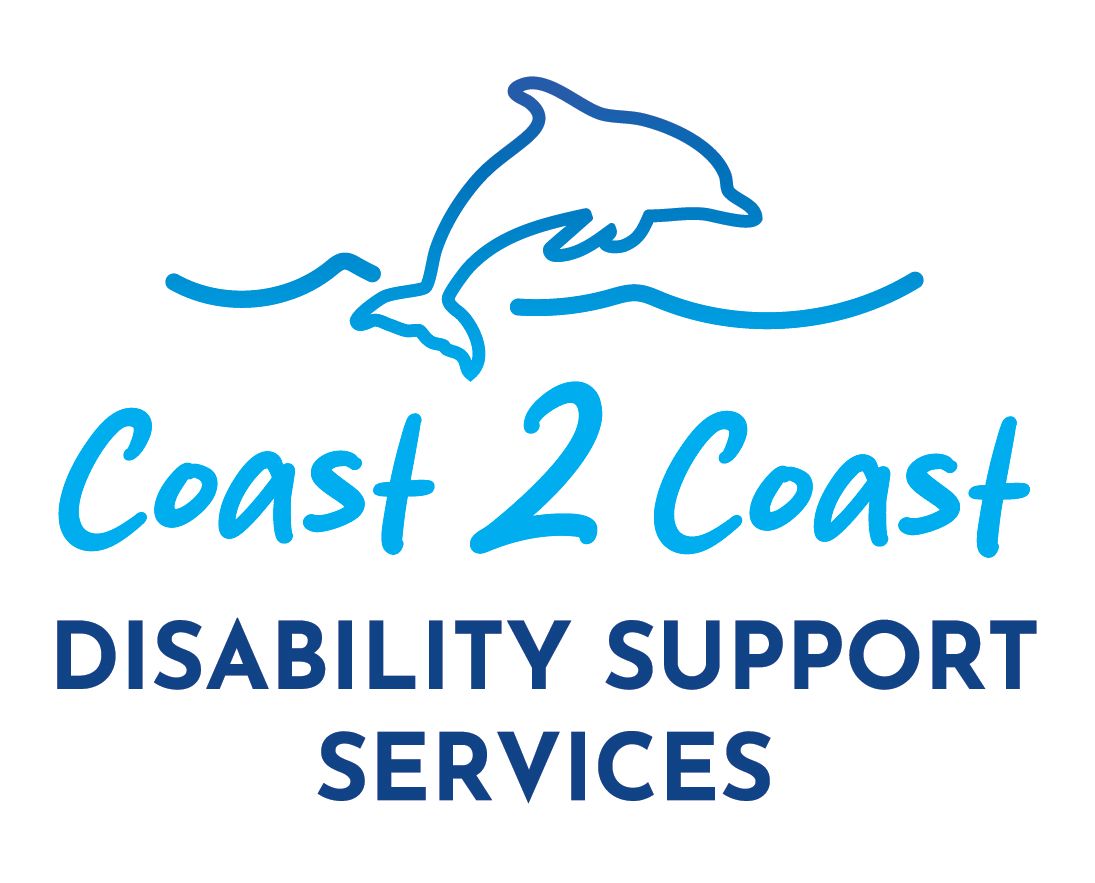Get 15% off on your next order, use the code GET15OFF at checkout

6 Steps to Create a Disability-Inclusive Workplace
1. Accessibility Accommodations – Disabled employees may need a range of accommodations to assist them at work. Some examples of accommodations include assistive technology, modifications to their workstation, and physical access to the workplace.
2. Training – Developing a training program specifically designed to offer guidance and educate all employees on disability etiquette, accommodations, and accessibility issues.
3. Review Policies – To determine whether a policy is inclusive of employees with disabilities, all policies and procedures of the company should be reviewed. Eliminate any language that excludes or discriminates against people with disabilities.
4. Foster a Positive and Inclusive Workplace Culture – When employees feel appreciated and valued, it leads to greater employee satisfaction and overall productivity. Creating an inclusive work culture by valuing diversity and actively promoting the importance of creating a disability-accessible workplace.
5. Building Networks – Creating a culture that is supportive of people with disabilities, establishing disability-related affinity groups, and parenting with community organisations to provide networking opportunities for people with disabilities.
6. Offer Flexibility – Flexible work arrangements, such as telecommuting or flexible hours, can help employees with disabilities manage their work and health needs.









Site Links
What We Do
Contacts
T. 1300 985 279
ABN: 85 995 256 047
Trading Hours
- Monday
- -
- Tuesday
- -
- Wednesday
- -
- Thursday
- -
- Friday
- -
- Saturday
- Closed
- Sunday
- Closed










